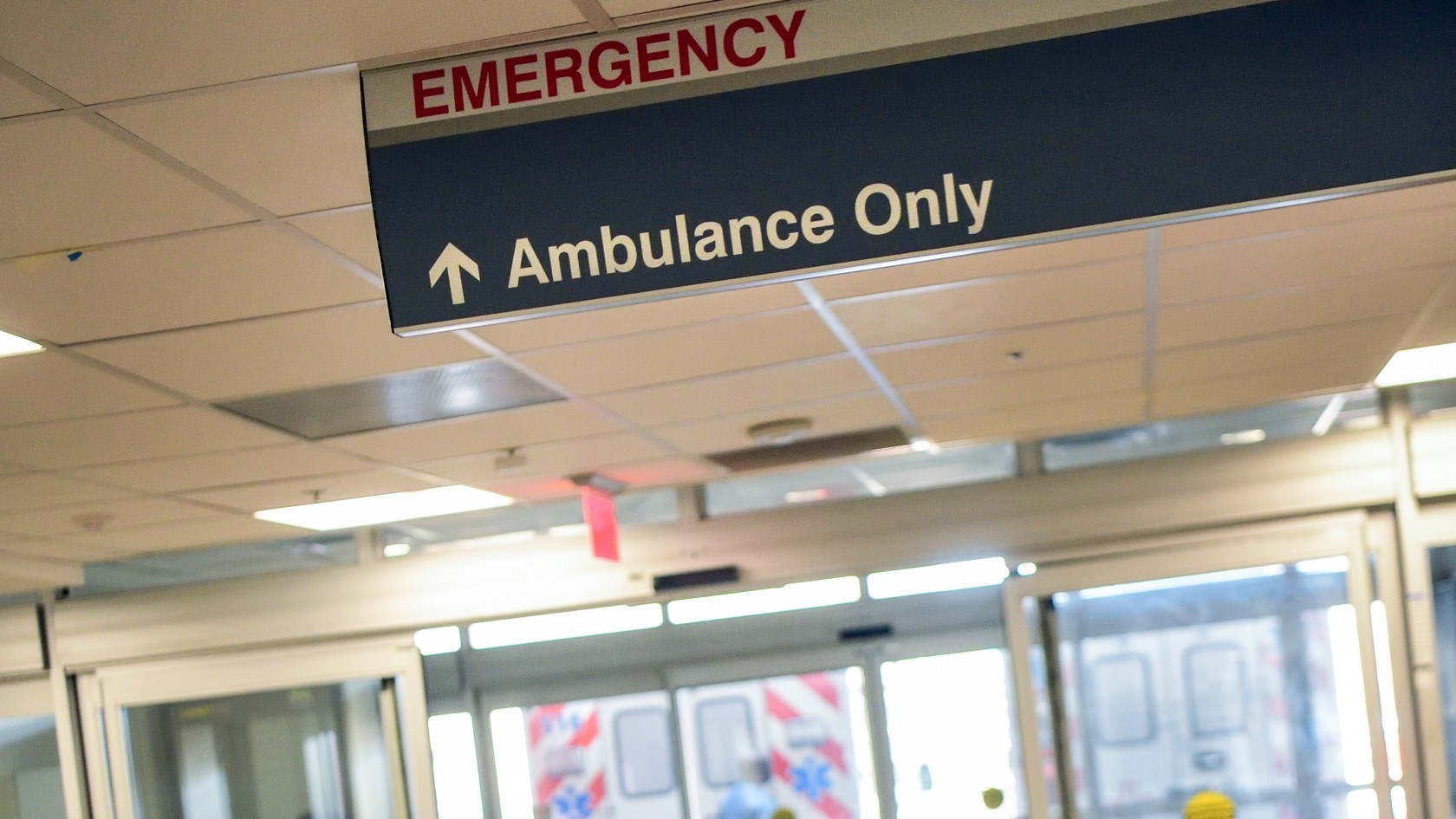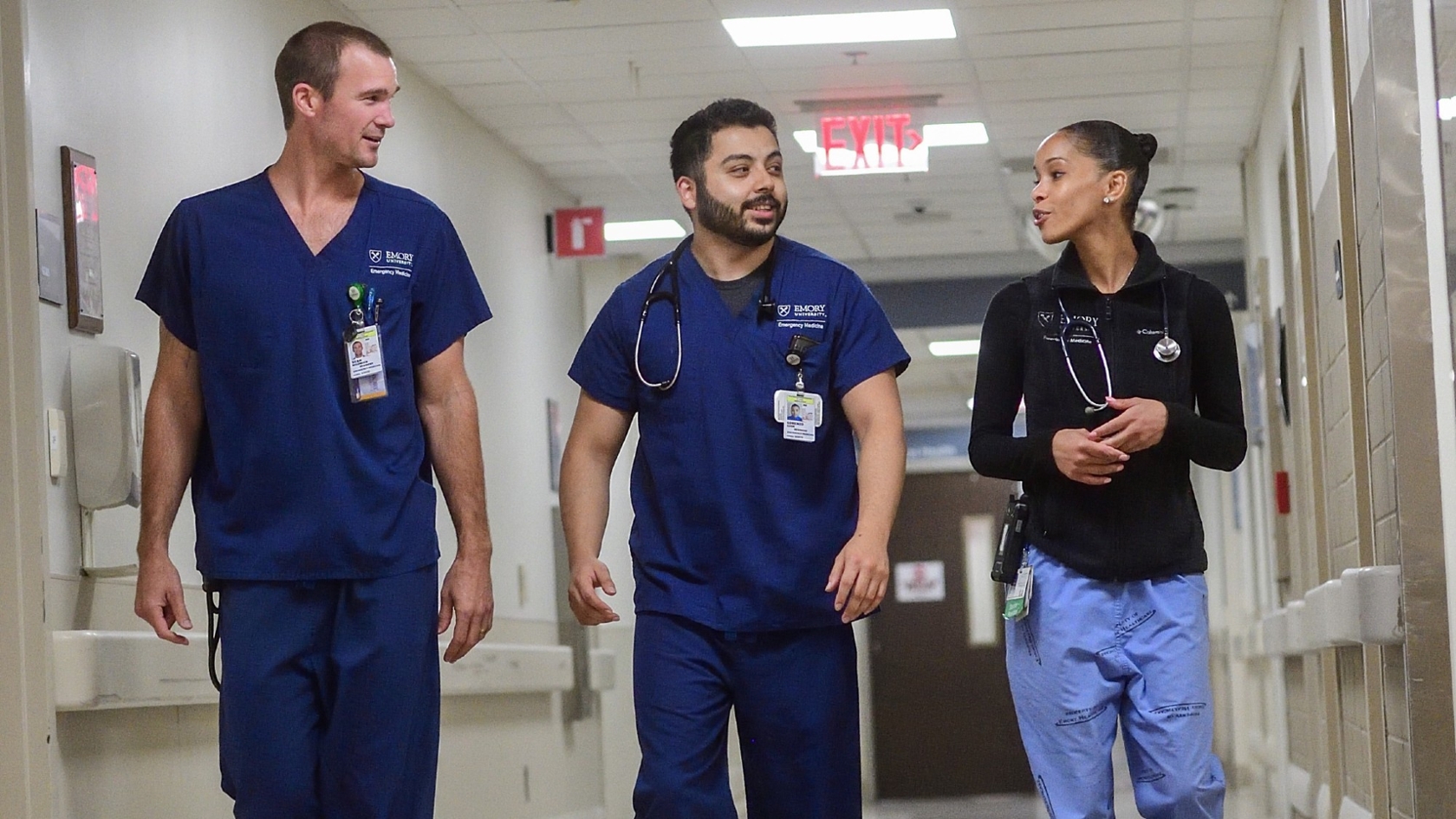The Department of Emergency Medicine is Recruiting Team Members
Faculty Recruitment
Emory University is a leading research university that fosters excellence and attracts world-class talent to innovate today and prepare leaders for the future. We welcome candidates who can contribute to the excellence of our academic community. The Emory University Department of Emergency Medicine is searching for faculty to join our dynamic team.
Learn more and apply on the Emory University Careers webpage.
Fellowship Recruitment
The Emory University Department of Emergency Medicine offers a wide variety of non-ACGME postgraduate fellowship training opportunities including:
- Administrative
- Global Emergency Medicine (apply through the Global Emergency Medicine Consortium Website)
- Health Policy Fellowship
- Innovation and Discovery
- Medical Education (SAEM Certified)
- Observation Medicine
- Ultrasound (apply through the Society of Clinical Ultrasound Fellowships website)
Explore the fellowship webpages to learn more about each opportunity.








